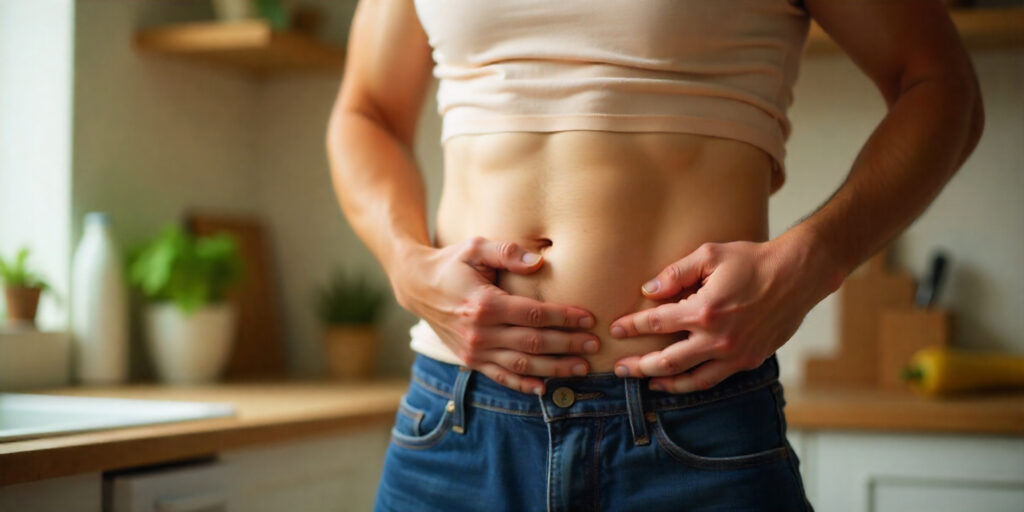Maintaining a healthy prostate is crucial for men’s long-term wellness. Benign Prostatic Hyperplasia (BPH) (enlarged prostate) and prostate cancer are common concerns as men age—but the right daily habits can reduce risk and improve prostate function.
Here’s a science-backed guide to protecting your prostate naturally.
Eat a Prostate-Friendly Diet
What you eat directly impacts prostate health. Focus on these key foods:
- Tomatoes & Cooked Tomato Products – Rich in lycopene, a powerful antioxidant linked to lower prostate cancer risk.
- Cruciferous Vegetables (Broccoli, Cauliflower, Brussels Sprouts) – Contain sulforaphane, which may help prevent cancer growth.
- Fatty Fish (Salmon, Sardines) – High in omega-3s, reducing inflammation tied to BPH.
- Pumpkin Seeds & Nuts – Great sources of zinc, essential for prostate function.
Avoid: Excessive red meat, dairy, and processed foods—linked to higher prostate cancer risk.
Stay Active & Exercise Regularly
A sedentary lifestyle increases BPH risk, while regular movement supports prostate health.
- Aerobic Exercise (Walking, Swimming, Cycling) – Helps maintain healthy blood flow and hormone balance.
- Kegel Exercises – Strengthen pelvic floor muscles, improving urinary control (common issue with BPH).
- Avoid Prolonged Sitting – Men who sit for long hours have higher prostate inflammation.
Pro Tip: Aim for 30 minutes of moderate exercise daily to support prostate and overall health.

Maintain a Healthy Weight (Especially Lose Belly Fat)
Obesity—particularly excess belly fat—increases estrogen and inflammation, worsening BPH and raising prostate cancer risk.
- Losing just 5–10% of body weight can improve prostate function.
- Intermittent Fasting (14–16 hours) – May help regulate hormones linked to prostate health.
Stay Hydrated (But Manage Nighttime Urination)
Proper hydration flushes toxins, but timing matters if you have BPH symptoms (frequent urination at night).
- Drink most fluids earlier in the day.
- Reduce caffeine & alcohol – Both irritate the bladder and worsen BPH symptoms.

Get Screened Regularly (Especially After 50)
Early detection saves lives. If you’re over 50 (or 40 with a family history), regular check-ups are crucial.
- PSA Blood Test – Screens for prostate cancer risk.
- Digital Rectal Exam (DRE) – Checks for abnormalities.
Pro Tip: Discuss screening frequency with a healthcare provider based on your risk factors.
Bonus: Supplements That May Help (But Consult a Doctor First)
While whole foods are best, some supplements show promise:
- Saw Palmetto – May reduce BPH symptoms.
- Zinc – Supports immune and prostate function.
- Vitamin D – Low levels are linked to higher prostate cancer risk.
Always consult a professional before starting supplements.
Final Thoughts
Prostate health isn’t just about genetics—daily habits play a massive role in preventing BPH and cancer. By eating right, staying active, managing weight, and getting screened, you can protect your prostate long-term.
For personalized prostate health advice, consider a professional consultation.
Want more expert-backed wellness tips? Explore our premium resources here.